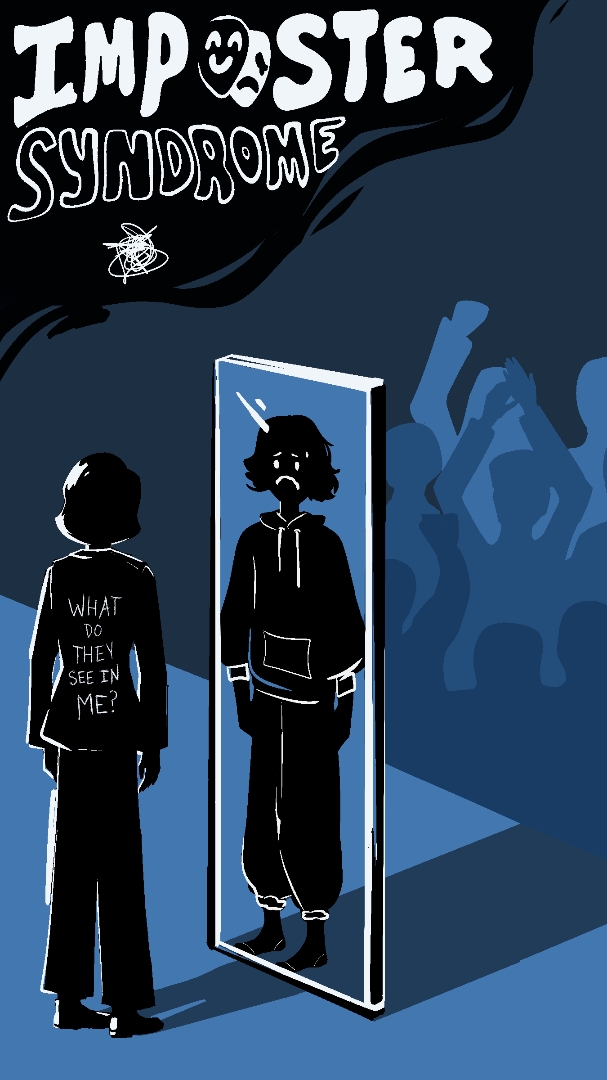Imposter syndrome, also known as imposter phenomenon, is described as self-doubt of intellect, skills or accomplishments among high-achieving individuals, according to the National Institutes of Health.
This phenomenon is common in academic settings and among high achieving individuals, with no exception for Southeastern students. A 2019 study showed around 20% of the students sampled experienced imposter syndrome.
“These beliefs can lead to a great deal of comparison to peers and a general feeling of not being as equipped as others in our setting,” Sarah Wehbe, an intern at the University Counseling Center, explained.
Chance Michael Rodenkirch, a sophomore vocal performance major, said, “Imposter syndrome always comes when I compare myself to my peers. The more I compare myself, the more upset I get and then it becomes this cycle of comparing and getting upset.”
Unfortunately, every person is different so it’s hard to pin down a singular cause of imposter syndrome, but according to a study out of Agnes Scott College, there may be some links to parenting style.
For example, people brought up in a controlling/overprotective environment or an environment with lots of conflict and little support may experience imposter syndrome more often.
A few other causes can include social anxiety or new opportunities at work, school or other environments. It could also just be a part of one’s personality.
With mental health issues like this, it is important to find a coping method that works best for you.
Eden Stogner, a sophomore psychology major, described, “To cope, I make little sticky notes on my laptop, reminding me I’m okay, everything is alright and if someone says I’m good, that means I’m good.”
Daily affirmations can help a lot of people struggling with similar issues.
“Self-care and self-compassion are crucial in coping with imposter syndrome for most people. It is important to self-reflect and pay attention to our bodies’ needs in order to determine how we can best care for ourselves,” Wehbe said.
Of course, self-care can look different for everyone. For Takia Tropez, a senior general studies major, it looks like going to therapy and practicing meditation and breathing exercises. She also found that taking breaks from her work helped her to decompress.
“When I would feel overwhelmed, I would talk to my therapist, breathe, meditate, recite affirmations and take breaks to go out to my car,” Tropez said.
If you find yourself trying to cope with imposter syndrome, know you are not alone. Several students around you are dealing with the same issues.
Do not hesitate to reach out to your family, friends or the University Counseling Center for help. Counseling services are provided free of charge to students, faculty and staff.










